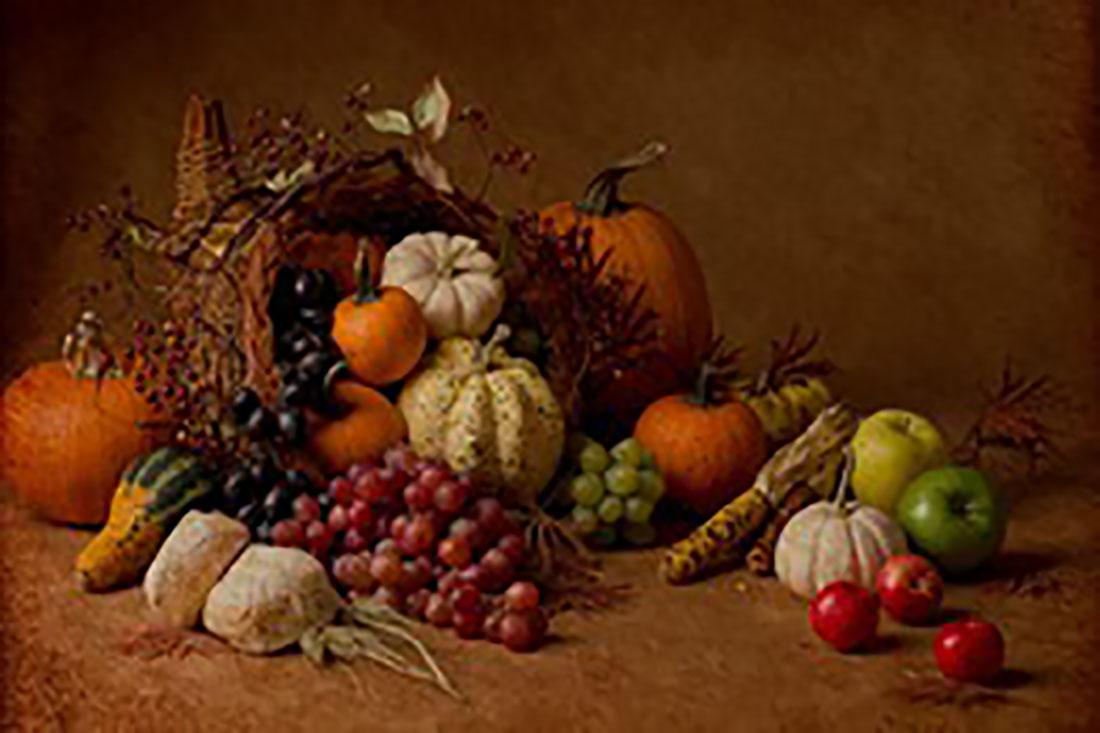By: Sam Margolin, USM Student
With Thanksgiving just around the corner, understanding and appreciating natures bounty and the people who facilitate those harvests is more important than ever. The word harvest comes from the Old English word “haerfest” meaning “Autumn” and now signifies the reaping of crops and animal products at the end of the growing season.
Thanksgiving’s history is highly debated and contested but the essence of the holiday still rings truer than ever: by sharing what we have with other people, we collectively grow and foster trust and understanding.
Harvest festivals are common in history around the world so non-religious holidays such as Thanksgiving are extremely important tools to help integrate new cultures and traditions into the American fabric without the added complications of spirituality.
Without ignoring the negative historical implications of European conquest in North America, we should celebrate Thanksgiving for its intention to bring people from different walks of life together over a meal of local foods.
There are some major differences between the food back then during the first Thanksgiving in New England around the mid-sixteenth century, and what most modern Thanksgiving tables look like today.
There were most likely game birds, but not turkey, as well as red meat such as venison. There were native cranberries, but no sugar to sweeten them so dried was a more likely preparation than sauce. No wheat for bread or pie crust but there was pumpkin, squash, corn, and beans possibly sweetened with maple syrup.
The simple harvests of that time still signified a bounty worth celebrating. Modern tastes and global food markets have made our Thanksgiving menus more complex and less local but can still be appreciated with the same respect and gratitude as those of our Wampanoag and Pilgrim ancestors. Turkey and cranberry sauce don’t make a Thanksgiving meal. Thanksgiving meals should center around the harvest celebration ideology of graciously using whatever food products your communities grew to celebrate togetherness and
American food culture. This Thanksgiving, know that the food choices you put on your table have profound and tangible impacts on how our local ecology and economies perform and survive.
When your buy a piece of produce or meat, you are voting on policy issues with your wallet and your stomach—and your vote matters. Buying from local and sustainable farmers and purveyors is the best way to shape the policy and cultural traditions in the place where you live. Buying at a local grocer rather than at a large chain store such as Hannaford, even for only a few items, slowly takes the power away from big agribusiness and puts it directly back into your communities.
Building local food systems that have the strength to support themselves and their communities will create a world in which hunger becomes a problem of the past and farmers don’t need subsidies or tax payer support in order to profit. This Thanksgiving, vote with your plate and choose to support local farmers, businesses, and communities by eating what our amazing and beautiful state has to offer.
The food we eat is not only sustenance but also the foundation on which we build our communities and cultures and what will inspire our children to care for and respect nature and all life. To celebrate this year’s harvest, vote with your plate to support local, sustainable, delicious Maine food and share the love with your friends, family, and community.

